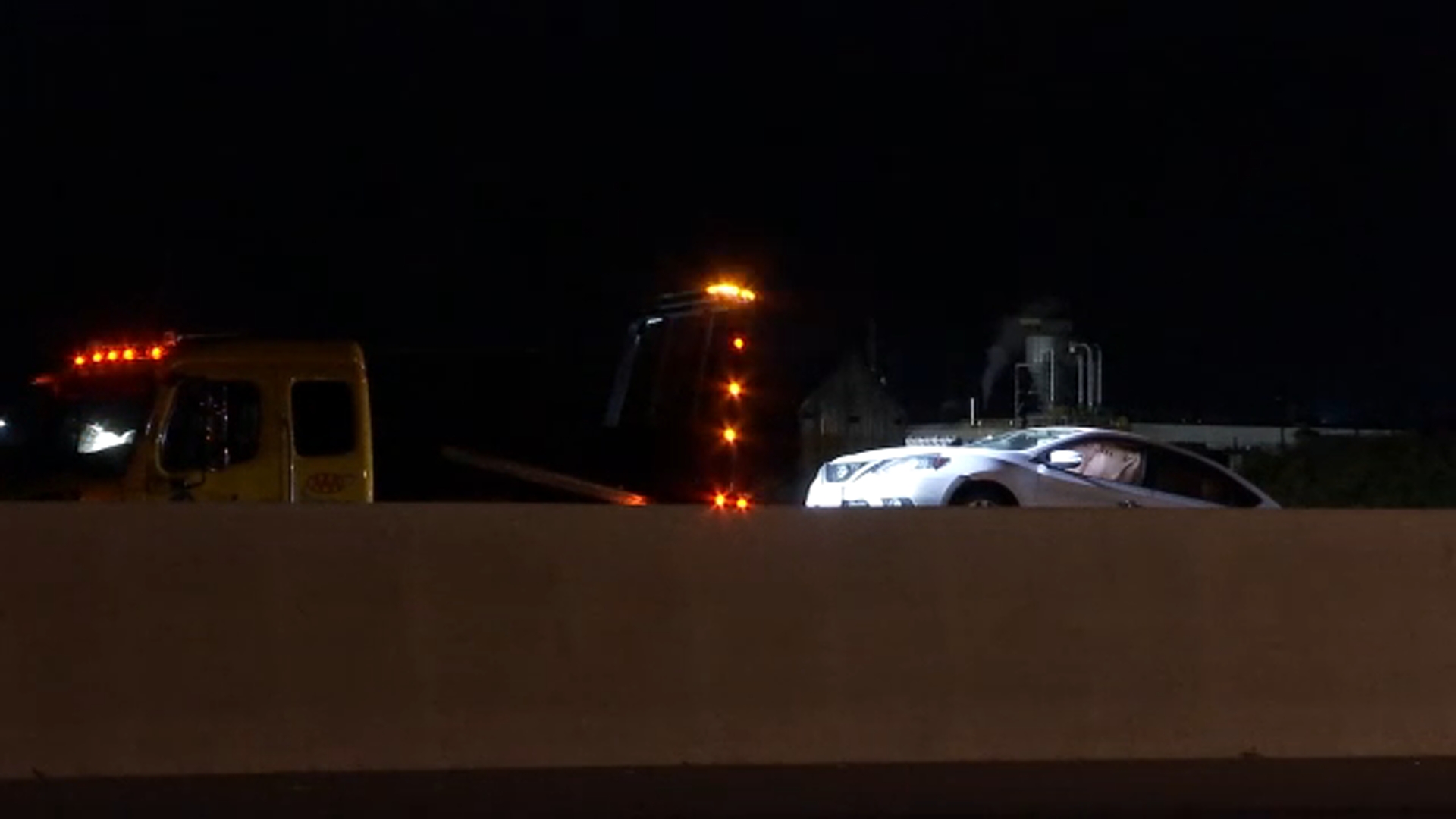A killer confession: Detective details 33-hour interrogation to get Ohio murderer to tell all
"20/20" examines Shawn Grate's arrest through new insights from authorities.
A kidnap victim's harrowing 911 call in 2016 launched an investigation that ended with the arrest of a serial killer who admitted to murdering five women, and left a veteran Ohio detective, police officer and emergency call dispatcher with the case they will remember forever.
"I don't want to forget this case. I don't want anyone to forget it," said Kim Mager, a now-retired Ashland Police detective who worked on the notorious case. "These women could have been anyone. This could have been me."
The "20/20" 'Meet the Other Me' full episode premieres Friday, Nov. 22, at 9 p.m. ET on ABC and streams the next day on Hulu.
The investigation began Sept. 13, 2016, when a kidnapping victim was rescued after making the troubling 911 call.
"It's chilling," Sara Miller, who worked as an emergency call dispatcher for 26 years, reflected about the memorable call with ABC News' John Quiñones in her first broadcast interview.
Miller said the caller, who authorities referred to as Jane Doe to protect her privacy, spoke through whispers, saying she was being held captive at a house near a laundromat and her captor was asleep at her side.
Miller dispatched officers to where she believed the caller was located. "They can't just gang-bust into a house. What if he'd have woken up with a weapon and hurt her?" Miller said.
Officer Curt Dorsey rushed to the scene, being careful to keep his patrol car siren turned off so he would not alert the perpetrator.
"We were trying to be stealthy," Dorsey told Quiñones. "We were told that the suspect was sleeping, so we wanted to approach and not make a bunch of noise."
Once Dorsey and his partners arrived at the scene, they saw two nearly identical houses on the property. Miller remained on the phone with Jane Doe, asking questions for specifics about where she was being held so she could relay the information to the officers and zero in on her exact location.
As Dorsey circled the perimeter of the houses, he spotted Jane Doe's hand on a window. She had managed to untie her restraints. Officers made the daring rescue 19 minutes after arriving at the scene.
"I saw her outstretched hand through a window, and I knew at that point she was in there," Dorsey recalled. "I would've gone through the wall to get her."
Authorities later learned that Jane Doe was able to grab her abductor's phone, but her abductor had removed the doorknob in the bedroom, making it impossible for her to leave the room without waking him. Once she heard police at the scene, she was able to flee the bedroom and head toward a window.
The perpetrator, identified as 40-year-old Shawn Grate, was arrested at the scene.
Mager was summoned to Ashland Police headquarters to interview both Jane Doe and Grate.
Mager learned through her conversations that Jane Doe met Grate at a local community center and the two became friends. Jane Doe was reading the Bible when Grate suddenly attacked her.
"I tried to push him away and get up. I was just doing everything --- trying to kick, punch. But everything I did, he just did it so much harder," Jane Doe said.
Mager then questioned Grate about what Jane Doe reported. She would spend 33 hours over eight days speaking with him.
Through a less commanding approach and empathy, Mager was able to get Grate to speak openly.
He not only admitted to abducting and sexually assaulting Jane Doe, Grate eventually confessed to murdering five women: Candice Cunningham, Elizabeth Griffith, Stacy Stanley, Dana Lowrey and Rebekah Leicy.
"You begin to realize how prolific it is or could be," Mager said about the confession.
The bodies of Griffith and Stanley were later recovered on the property where Jane Doe was held captive.
Stanley's family remembered her as very loving and as a fighter, in an interview with "20/20."
"My mom did not deserve that," Stanley's youngest son, Kory Stanley, said. "Any of the women didn't deserve that."
"We just sobbed and sobbed because it had come to a conclusion that we were not going to see our friend again," said Cindi Mathys, a church friend of Elizabeth Griffith.
Mager said she wrote a book on the investigation, "A Hunger to Kill," in part to tell the truth about the impact the murders have had on surviving family members.
"I'm going to try to make it real enough that people can recognize that this could have been anyone," Mager said. "This stuff cannot happen and have us just move on to the next scenario."
The personal account, which chronicled her chilling conversations with the serial killer, detailed how Mager said Grate may have even targeted her.
"Shawn Grate told [a fellow inmate] he was trying to find my gun on my body, that he thought it would be the ultimate to kill me," Mager told "20/20."
Grate was convicted of murder in the deaths of Stanley and Griffith, as well as the rape and kidnapping of Jane Doe, in May 2018. He was sentenced to death in that case. In 2019, Grate pleaded guilty to the murders of Cunningham, Leicy, and Lowrey. Grate was not charged in connection with the alleged plan to kill Mager.
Eight years after receiving the 911 call, Miller expressed her admiration for Jane Doe, calling her brave.
"She did an amazing job freeing herself, getting the phone, calling for help, helping us catch him," Miller said. "Who knows how many other women he would've killed?"







